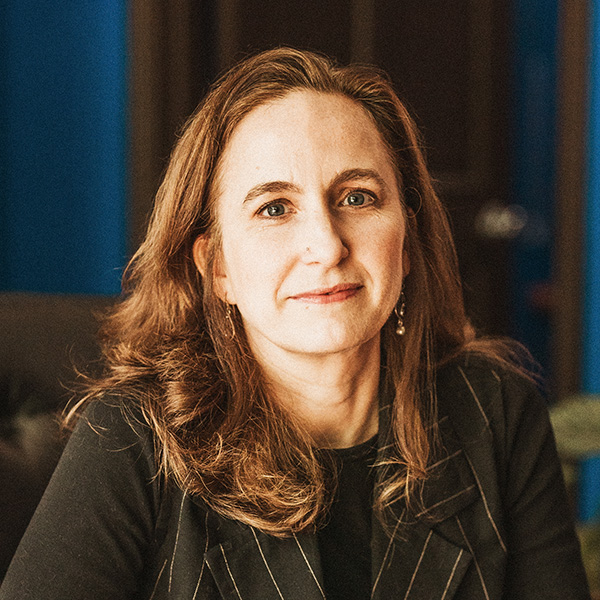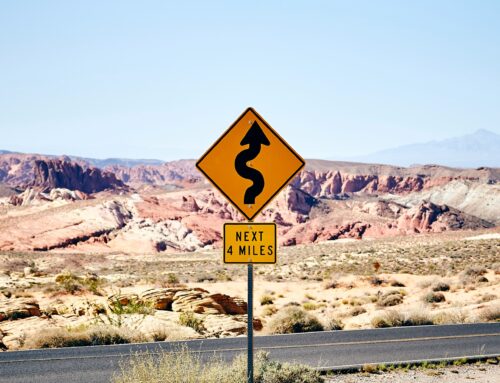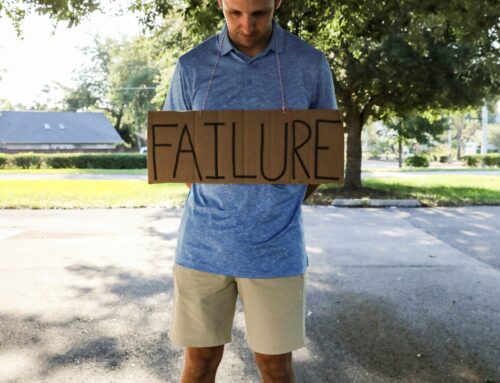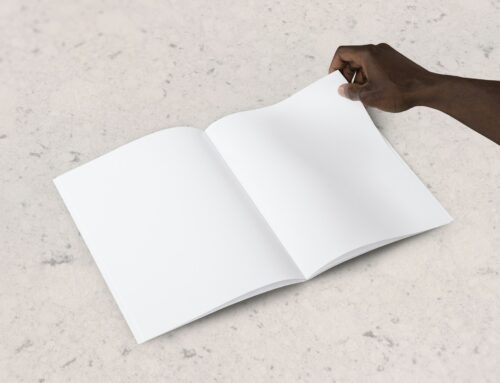
Often I work with people who, in the interest of preventing or addressing burnout, are very willing to scale back their to do lists and define what is enough. But when it comes to actually stopping when they reach that enough point, they have a very hard time. Because even when we’ve really thought it out, when we get to that predefined point that we would recognize as enough if we were looking at anyone else’s work, we still don’t feel like we’ve done enough.
If asked to identify the feeling that comes up in these situations, the word is usually guilt.
We feel guilty for any number of reasons:
- Because we believe other people are working more, or harder.
- Because our parents or ancestors worked hard at jobs they hated, and we benefitted from that.
- Because we’ve been taught we should give everything 110%, all the time.
- Because we’ve been taught that only a versy small subset of activities actually counts as “productive.”
- Because we’ve taken on an excess of personal responsibility for a systemic problem.
- Because we’re thoroughly steeped in the Protestant work ethic.
- Because we’ve collectively idolized the hustle.
The agenda of guilt is to erode our sense that anything is ever enough. This makes guilt an extraordinarily effective tool in the hands of those who would exploit our labor. I’ve seen guilt used very effectively by CEOs making multimillion dollar salaries to get workers making less than $50K to work unpaid overtime so that the CEO can get a bonus. Guilt is a favorite emotion for many marketers who sell products based on fabricated guilt around work habits, parenting, exercise, food, and many other things.
What this means for us is that we can’t use the mythical absence of guilt to know when we’ve reached “enough.” We’re culturally set up for guilt, and with those who benefit from it invoking it quite freely, it’s all but impossible to reach a guilt free nirvana.
In my work with clients, we often spend a significant amount of time identifying the various sources of guilt and how they operate. I’ve yet to actually work with anyone for whom the answer was that they needed to hustle more, work longer hours, or rack up more achievements.
Share this article

Kathryn Stinson
I help passionate people identify and dismantle the cultural drivers of burnout, so they can serve their big visions without burning out. Find information and strategies for dealing with burnout here, or reach out to work with me.
Subscribe
Each month I take a deep dive into one aspect of resisting burnout.
Monthly Deep Dive Letters name cultural dynamics that generate burnout and open doors to imagining how we might do things differently. For examples of what I write about, take a look at the blog.
No productivity tips, and no motivational pep-talks. Just in depth, thoughtful content to support you in resisting burnout culture. You’ll also be notified of new events and programs.





